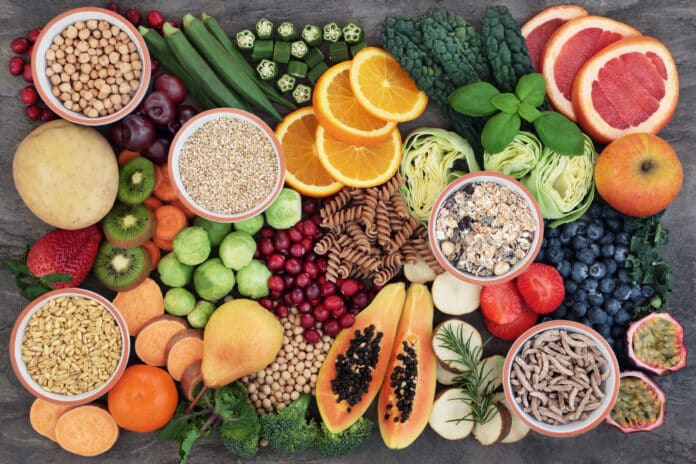Good digestion is not just about what you eat; it’s about what your body can effectively absorb and utilize. The health of your digestive system influences your overall well-being, from nutrient absorption to immune function. Incorporating foods that support digestion can help maintain a happy gut and promote overall health. Here’s a guide to some of the best foods to eat for digestion.
1. Fiber-Rich Foods
Fiber is essential for maintaining regular bowel movements and supporting a healthy gut microbiome. Incorporate plenty of fiber-rich foods into your diet, such as fruits, vegetables, whole grains, legumes, and nuts. These foods not only promote bowel regularity but also provide prebiotics that nourish beneficial gut bacteria.
2. Probiotic-Rich Foods
Probiotics are beneficial bacteria that promote a healthy balance of gut flora. Consuming probiotic-rich foods like yogurt, kefir, kimchi, sauerkraut, and miso can help maintain a diverse and thriving gut microbiota. These foods introduce live bacteria into the digestive system, which can improve digestion and support immune function.
3. Fermented Foods
Fermented foods undergo a process of lacto-fermentation, which enhances their digestibility and increases their nutrient content. Foods like yogurt, kombucha, tempeh, and pickled vegetables are rich in beneficial bacteria, enzymes, and organic acids that aid digestion. Incorporating fermented foods into your diet can improve nutrient absorption and reduce digestive discomfort.
4. Ginger
Ginger has long been used as a natural remedy for digestive issues like indigestion, nausea, and bloating. It contains bioactive compounds like gingerol and shogaol, which have anti-inflammatory and anti-nausea properties. Adding fresh ginger to your meals, drinking ginger tea, or chewing on ginger candies can help soothe digestive symptoms and promote overall gut health.
5. Leafy Greens
Leafy greens like spinach, kale, Swiss chard, and collard greens are packed with nutrients, antioxidants, and fiber that support digestive health. They contain chlorophyll, which helps cleanse the digestive tract and promote detoxification. Incorporating a variety of leafy greens into your meals can improve digestion, reduce inflammation, and support gut motility.
6. Fatty Fish
Omega-3 fatty acids found in fatty fish like salmon, mackerel, and sardines have anti-inflammatory properties that benefit digestive health. They help reduce inflammation in the gut lining, alleviate symptoms of inflammatory bowel diseases, and promote the production of short-chain fatty acids, which nourish gut cells. Including fatty fish in your diet regularly can support a healthy gut and improve overall digestion.
7. Bone Broth
Bone broth is rich in nutrients like collagen, gelatin, and amino acids that support gut health and repair the intestinal lining. It contains compounds like glycine and glutamine, which have anti-inflammatory and gut-healing properties. Consuming bone broth regularly can help improve digestion, reduce intestinal permeability, and alleviate symptoms of digestive disorders like leaky gut syndrome.
Conclusion
A diet rich in fiber, probiotics, fermented foods, and digestive-friendly ingredients can promote optimal digestion and support overall gut health. By incorporating these nutrient-dense foods into your meals, you can nourish your gut, improve nutrient absorption, and reduce digestive discomfort. Remember to listen to your body and make dietary choices that work best for you and your digestive system.

